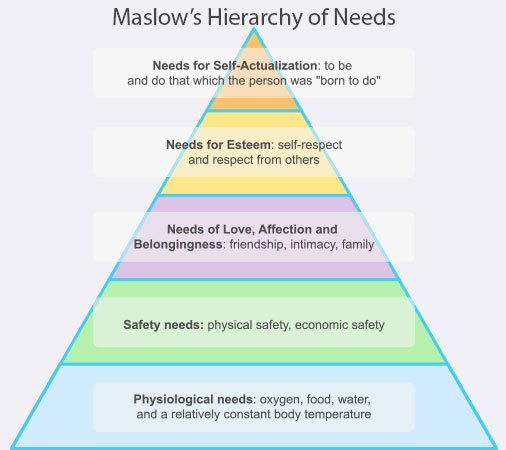Adult Children Of Alcoholics: Creating A Safe Space
Being an Adult Child of an Alcoholic (ACA) comes with an overwhelming laundry list of traits. Many of us are terrified, afraid, and frightened. It’s easier for us to be concerned with others rather than ourselves, and we lose our identity. Here’s how creating a safe space helps us heal.
An Example Of Lost Identity
Being an adult child of an alcoholic means when we were kids, we had responsibilities beyond our years or capabilities. I, for example, knew how to kill and clean a chicken before I entered high school. Because this is all we know, we tend to marry people who are OK with our selflessness. As parents, we’re extremely over-protective because we’ve already had years of experience in high-stress parenting.
When I first found recovery, I was so enmeshed with my husband and son that I felt deep shame for spending 20 minutes alone in my bedroom to do my 12-step homework! Making myself slow-down to put on body lotion was a major accomplishment, and it took MONTHS for me to buy MY favorite foods at the grocery store. Little did I know, taking these small steps to care for myself was essential to my recovery.
It’s More Than Self-Care; It’s Self-Parenting
Per the ACA’s Flip Side Of The Other Laundry List, when:
We accept and comfort the isolated and hurt inner child we have abandoned and disavowed, we thereby end the need to act out our fears of enmeshment and abandonment with other people.
To heal, we have to go back, find, and meet the needs of that inner child who got lost along the way. American psychologist Abraham Maslow explained that our most basic need is for physical survival, and this will be the first thing that motivates our behavior. Once our basic physiological needs are fulfilled, we’ll naturally be motivated to fill the next level of needs.

Meeting My Basic Needs
When I first began recovery, I couldn’t meet my basic physical needs. I had no money for groceries because I was paying the minimum amount due on every outstanding debt. Never getting ahead, my debt grew. I stood in more than one food pantry line before I was willing to try something different. Finally, I took Dave Ramsey’s Financial Peace University.
Dave’s teachings coincide with Maslow’s Hierarchy of Needs. I learned to get out of debt, I had to protect my four walls, which included basic necessities, like:
Food
Shelter (including utilities)
Basic clothing and
Transportation
Feeling Safe Somewhere
Once my condition stabilized, I was then strong enough to tackle my safety needs. I made a safe space in my home. My husband and son are both energetic, enthusiastic, loud people. Watching sports with them triggers me, as I’m afraid of angry people. To me, loud means angry.
About 18 months ago, I set up my bedroom as a “storm shelter”. It’s equipped with a bathroom, shower, reading materials, candles, and my pets food and water bowls. If I need to, I can hunker down in my room and ride out any emotional storm, whether real or imagined by me. Hanging outside my room is a sign with this Melody Beattie quote,
“If you want to act crazy, that’s your business, but you can’t do it in front of me. Either you leave, or I will walk away.”
At first, I went there often, sometimes in an angry huff. Sometimes the door would be locked all night. Gradually, I felt safer and more free. Now I often sit in bed reading with the door open. I almost never hide, and usually, my family stops by to visit.
Instead of feeling guilty for buying the healthy foods I like at the grocery store, I buy groceries first before paying any bills. I select the best in fruits, veggies, and meats. I savor the time spent making healthy meals for myself. Instead of being thought of as selfish as I feared, my family is sharing my delicious meals with me. It’s a slow, sweet healing.
The post Adult Children Of Alcoholics: Creating A Safe Space appeared first on Reach Out Recovery.





